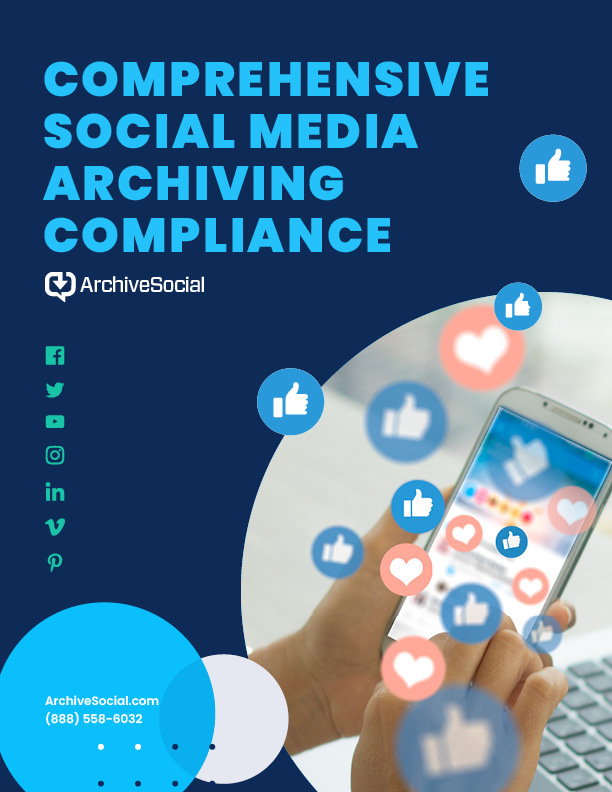There is a reason they’re called the “Now Generation.” Young adults today have been immersed in the immediate “now” since infancy. Nothing better represents this than the popularity of social media sites. Tapping into their attachment to social media, colleges and universities have adopted social media to interact with students. In fact, 100% of surveyed colleges and universities use some form of social media. However, there are legal pitfalls specific to public university use of social media. In particular, state universities are public institutions, meaning their records are public records. This means university records management must address this new development in recordkeeping. The result is clear: university social media records matter.
University records management: Policy vs. reality
Many different universities are aware that their social media interactions are public records. As a result, some already have policies in place to address social media recordkeeping.
- The University of North Carolina at Greensboro’s “Electronic Records Retention Policy” recognizes that university-created social media content is a public record under G.S. §132. It states that the university is “responsible for [. . .] maintaining the content generated by such tools” because “electronic records must be managed alongside traditional records to ensure compliance with state and federal regulations.”
- The University of Wisconsin-Madison emphasizes that its social media interactions are public records. This means that as a public institution, UW-Madison is subject to the Wisconsin Administrative Rule 12 that aims to “ensure that public records in electronic format are preserved and maintained and remain accessible for their designated retention period.”
- Clemson University makes it clear that “as a state agency, all records created or received by Clemson University offices are considered public records.” University records management policies must handle records according to the Public Records Act of 1973, “regardless of media.”
But, recognizing the need to keep records is not the same as successfully doing so. In fact, bridging the gap between writing a policy and being compliant is a requirement almost no university has met. This generates a dilemma for public universities. Ignoring social media is not an option. It is just too valuable for them to give up. But this raises the question, how can university records management succeed with social media records? A quick search of Twitter and Facebook reveal that UNC-Greensboro, UW-Madison, and Clemson University each have at least 10 different social media sites. Each of these changes daily in a dynamic, real-time fashion, meaning that trying to manage these records would be like herding cats. Needing to balance their use of social media with the challenges of public records regulation, universities find themselves at a crossroads.
For those universities unsure of what direction to go, let ArchiveSocial take the lead. ArchiveSocial is a social media archiving solution that streamlines and simplifies the recordkeeping process in line with regulation. Interested? Take a peek under the hood with a free demo, and see what this social media archiving solution can do for you.


